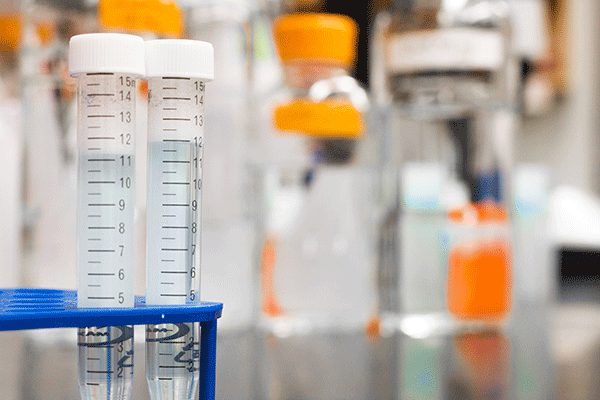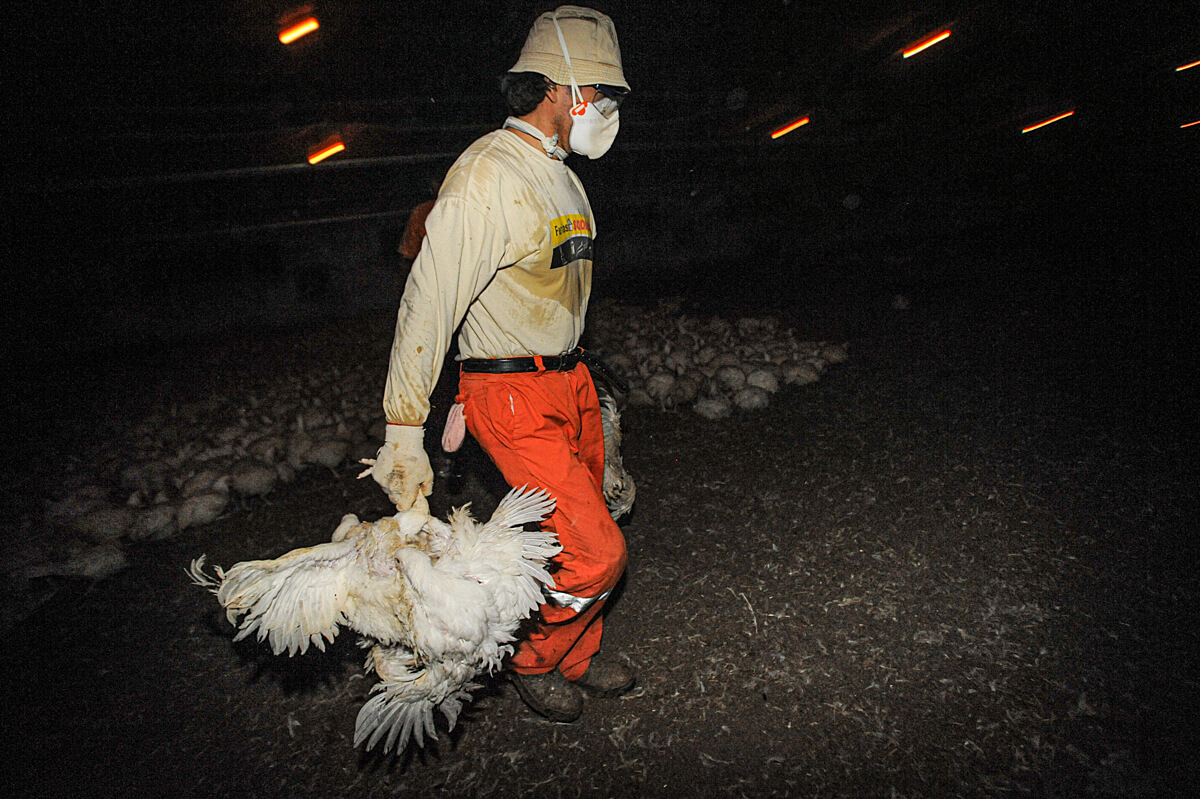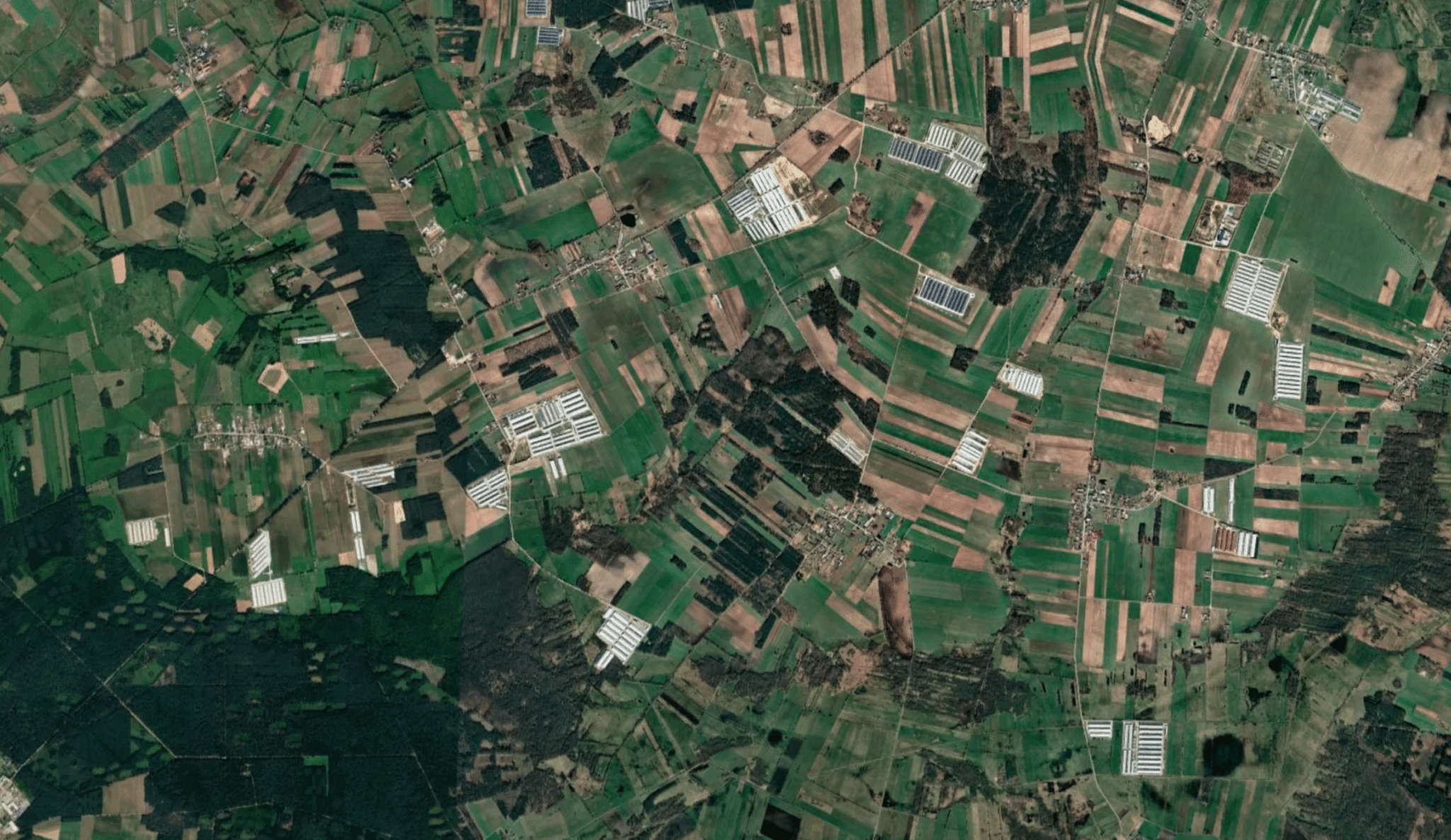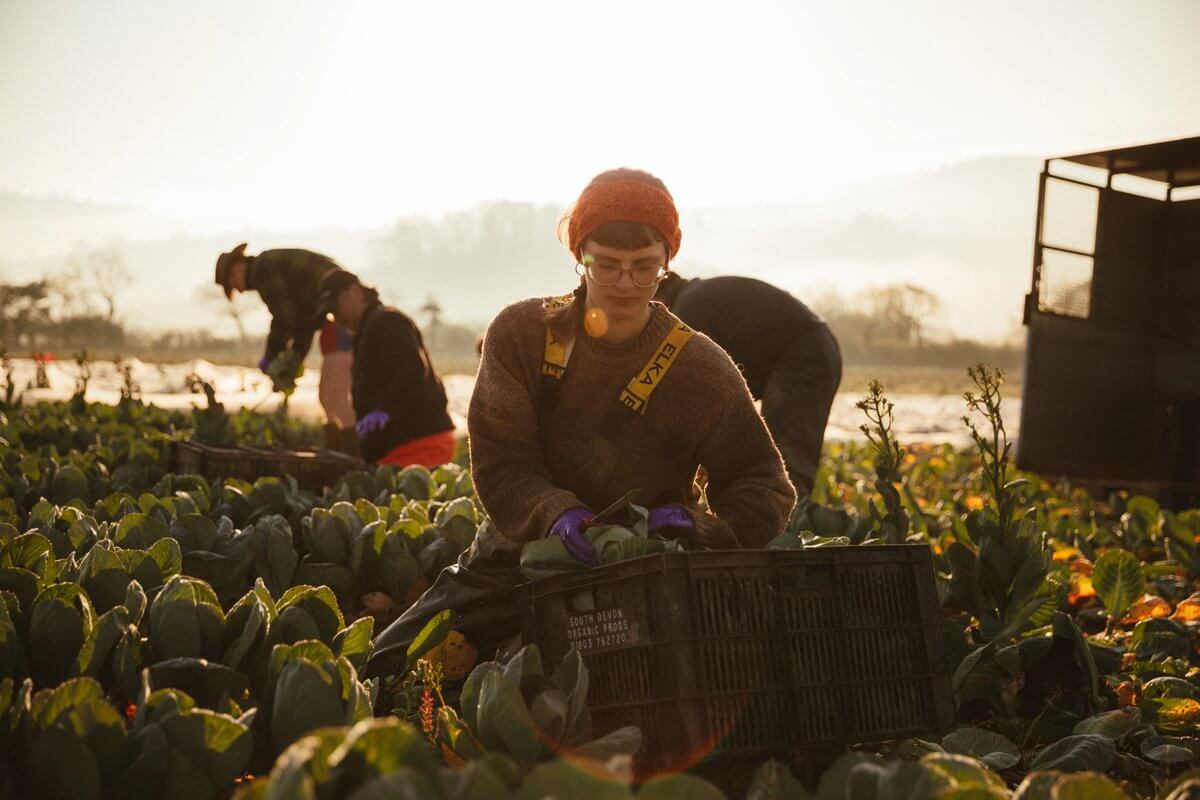Lab-grown meat risks reinforcing multinational corporate interests in the food supply chain despite its potential to relieve pressure on land and oceans.
That was a topic of discussion at a webinar held by green think tank Green Alliance last week, on the technology that can grow ‘meat’ from animal cells.
The session was chaired by environmental journalist and Wicked Leeks contributor, Anna Turns, with panellists discussing public concerns, funding of lab-grown meat, and the wider sustainable food movement.
Dr Alex Sexton, research fellow at the University of Sheffield, said: “There are two main public concerns with lab-grown meat. Food safety, and the contamination through growth media or in the end product. And the corporate concentration and reinforcing a food system run by multinationals.”
Sexton said a relative lack of public funding has led to research coming from private sectors and warned that this trend could see the new technology consolidate corporate ownership of food systems.
The debate around lab-grown meat was reignited earlier this month as the first food produced under the method came to market earlier this month. Chicken ‘bites’ produced by US company Eat Just went on sale in Singapore following a world-first regulatory clearance.

“Cellular agriculture does risk enforcing the power of multinationals, rather than disrupting it,” added Sexton, whose research looks at the role of tech firms in Silicon Valley in food systems. “That does have a number of consequences that we should be worried about and be critically thinking about, including the risk to cultural heritage, rural identities and livelihoods.”
“We need funding to counter and create a democratic sector. If we are to have cellular agriculture, we need to think how to radically innovate and scale up. If Burger King rolls this out, this could take off in a big way, and I have big concerns about that in the medium to long term and the impact of that.”
Another panellist, Alice Ritchie, climate change lead at the Country Land and Business Association, said lab-grown meat could be part of a “suite of low-carbon farming options” but it is not the silver bullet solution.
“We’re in a climate and nature crisis; we can’t wait for lab-grown solutions to be mainstream,” she said. “We need to stop relying on silver bullet solutions and make immediate changes in our supply chain.”
“In the UK, livestock is actually a really positive story. We do have a lot of small family farms,” Ritchie said. “We need the opposite of lab-grown meat – we need to move away from a reliance on fossil fuels, and that can’t be done without livestock.”
A third panellist, Jamie Arbib, co-founder of technology think tank RethinkX, said: “There could be huge knock on effects of this to take pressure off our oceans and soils. We need to decide what we’d want to do with that land.”
Cellular agriculture technology could be shared on an open-source platform, like some software, to counter the privatisation and corporate ownership of intellectual property, Arbib added.
Asked by Turns how farmers who fear they will be displaced could be incorporated into the lab-grown sector, Sexton said there are few crossovers, but this could include small donor herds to donate cells or supply plant-based ingredients.













I think cellular agriculture will be competing with intensive industrial farming, rather than the organic or extensive livestock production typically practiced by smaller farms.
People who prefer buying organically grown beef or chicken will continue to do so, but people who don’t care will then have an option that is so much better for the environment and animal welfare than intensive farming.
Lab grown meat like vegan look alike meat products all suffer from being in the highly processed category. Much better to eat simple food with plenty of lentils and beans included. I think we then also avoid big corporations taking over food even more.
Agreed – better to cook from known, local, ethically produced ingredients rather than processed food. I’d choose nuts and other seeds rather than just beans and lentils, which are alright but not as tasty as nuts and some other seeds like sunflower seeds. We can grow many of them here in Britain – walnuts, almonds, hazels – and potentially many more, especially if we had breeding programmes for things like pecans and pine nuts, finding varieties that would do well in our climate.
A very legitimate concern overall but please try to look at all the facts – you’re giving a voice to someone who refuses to examine options that aren’t familiar to them or directly profitable to them. Even Simon Fairlie, a vegan-hating meat advocate, shows the UK could sustain itself in terms of food production with plant-based production only. How can anyone say livestock is a success story when it is a huge burden on the NHS, the environment, biosecurity (hello COVID, SARS, BSE, foot and mouth, campylobacter, porcine hepatitis etc), workers in that whole production and supply chain, and of course sentient animals being imprisoned, exploited and killed by the billion in the UK alone?
I’m personally not too excited about lab grown meat, as I’ve been happy on a fairly whole foods-based vegan diet for over 10 years and don’t miss meat, but it’s a great option for anyone who wants to eat it or feels the need for it for some reason, without their having to poison everything for the rest of us, and for companion animal food, for instance.
The risk of contamination is certainly nothing new, and although the industry is very young and still working out its kinks, it’s a no brainer that the growing conditions of clean meat are more easily controlled and monitored than hangars full of chickens, pigs or cows covered in layers of excrement, swimming in antibiotics barely still managing to make up for the stress caused by poor welfare on their immune systems, and in the case of chickens, often the corpses of their peers who didn’t make it through to slaughter. Anything else is disingenuous when the facts are so clear.
The RethinkX report is quite thought-provoking, it’s a good read, I’d say, even if you take it with a pinch of salt for the sake of epistemic sobriety.
There are numerous advocates in the clean meat sector for open intellectual property as the default setting in the industry and we should all support that, as it would allow decentralised, democratic production and stop the chokehold of incumbents (the big names of the slaughtered meat industry) from perpetuating and metastasising in this promising new sector. Many companies that purposefully ventured into making clean meat as their starting project are actually motivated by social justice concerns and run based on fairly ethical principles by corporate governance standards (yes, they’re for-profit, but that’s because it’s the only way to advance anything in terms of production and technology in the neoliberal world). The incumbents that are getting in on the action because they’re smelling the end of their low ways are the ones we really need to keep in check, in my opinion.
I wonder who is in favour of cultivated meat? In the past the minority was in favour of organic farming and the majority of farmers supported artificial fertilizers and pesticides. Today we have problems. Talking about big corporations being interested in cultivated meat- it sounds like a similar story to me.